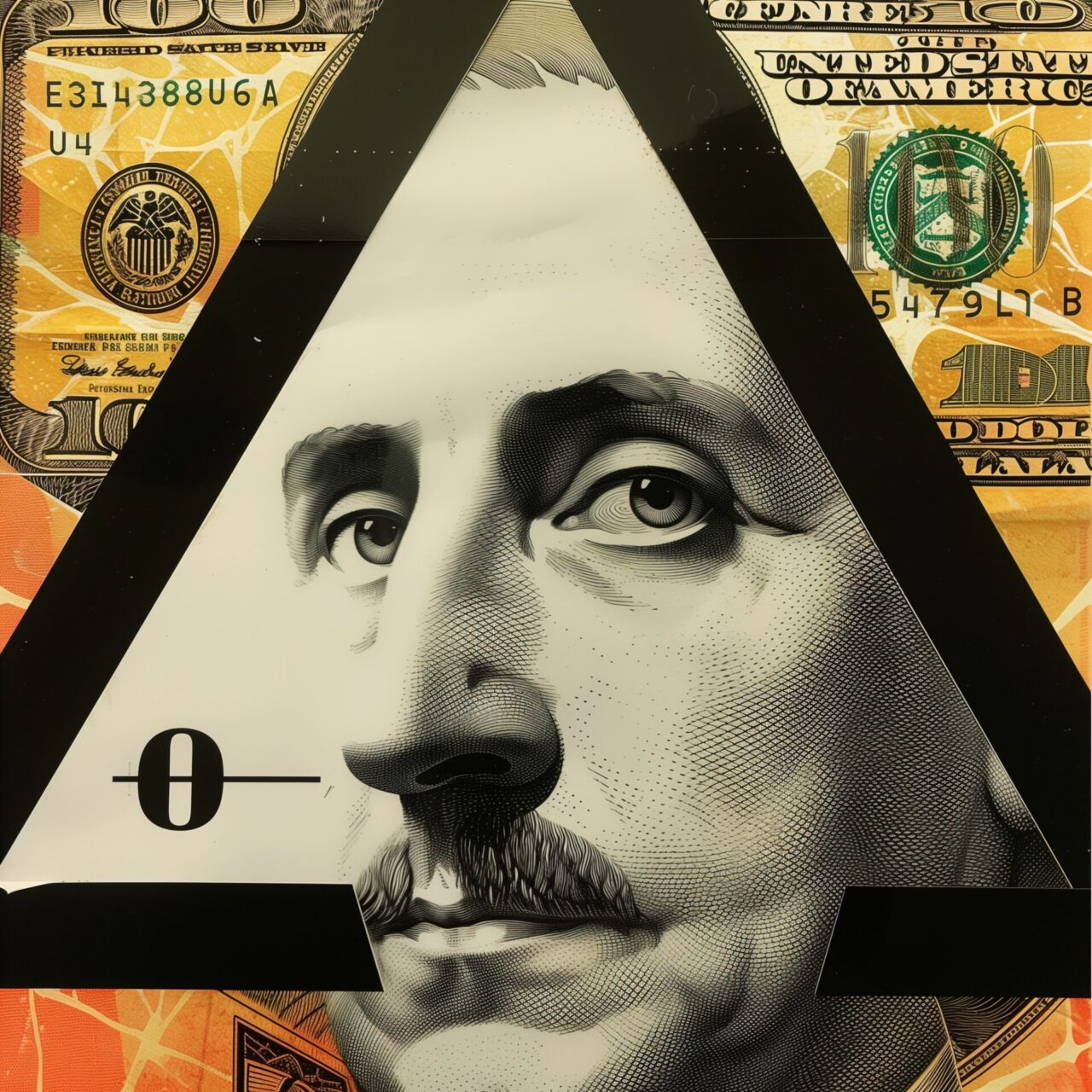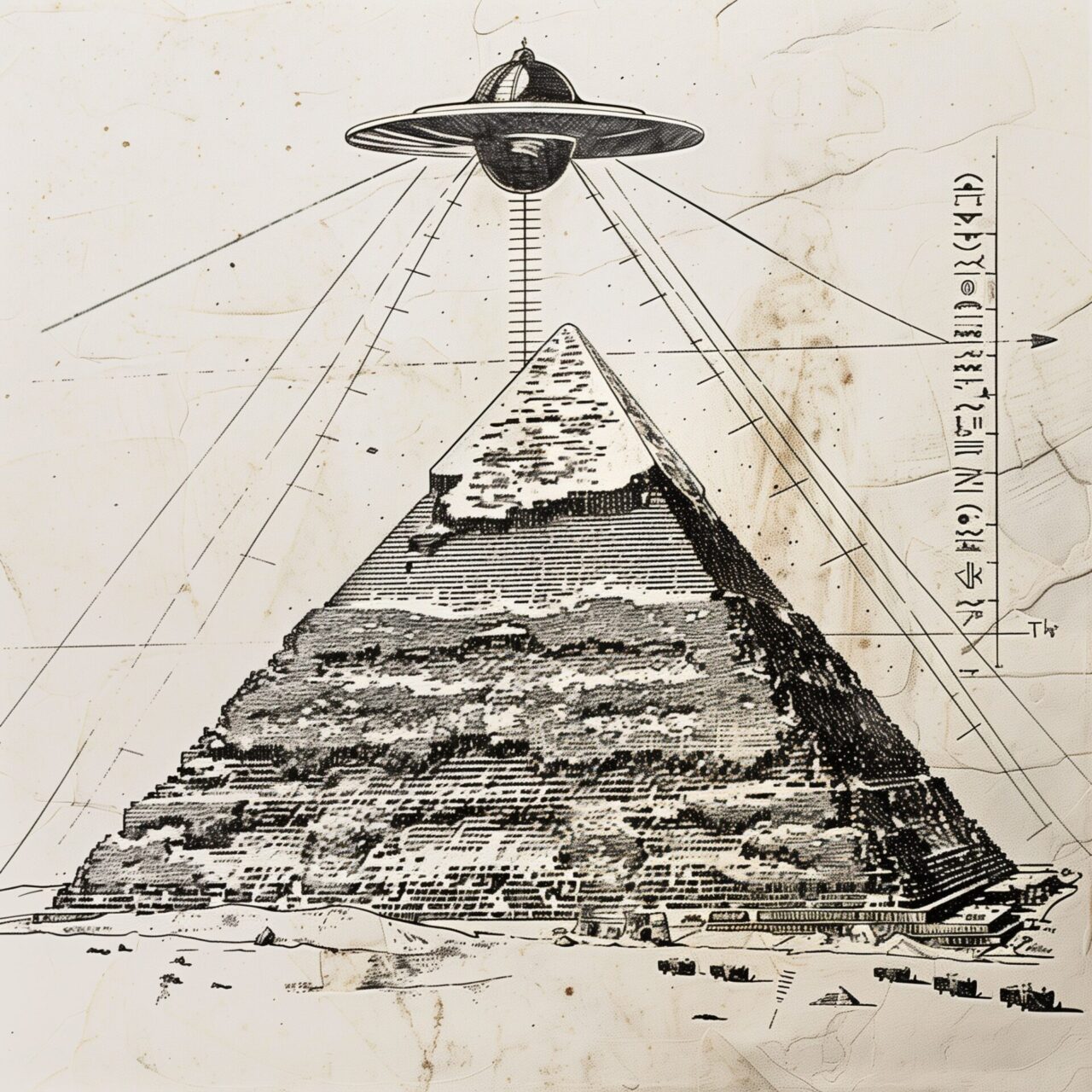
Conspiracy theories in the digital age
In the era of the internet and social networks, the spread of cults and conspiracy theories has reached new dimensions. These modern digital platforms not only offer infinite possibilities for the exchange of information, but also fertile ground for the rapid spread of ideologies that were once marginalised. In this context, the web has become a powerful tool for myth-making and the consolidation of religious communities.
Digitisation of myths
The internet has fundamentally changed the way information is disseminated and consumed. Conspiracy theories and sectarian ideologies find an ideal breeding ground in the anonymity of cyberspace. Platforms such as YouTube, Twitter and Facebook make it possible for even the most obscure theories to reach a global audience. A classic example of this is the QAnon conspiracy, which penetrated the mainstream from the darker corners of the internet and shows how digital networks can help to accelerate and strengthen such movements.
The role of algorithms
Algorithms that recommend content based on user preferences play a crucial role in the spread of conspiracy theories. These algorithms tend to suggest content to users that confirms their existing views (so-called “echo chambers”), which can lead to an amplification of extreme ideas. The irony is that technologies developed to personalise and improve the user experience can inadvertently contribute to the spread of disinformation and radicalisation.
Socio-cultural and philosophical implications
The spread of conspiracy theories and sectarian ideologies in the digital age has profound socio-cultural implications. These movements not only undermine public discourse, but also erode trust in established institutions and scientific knowledge. The social polarisation reinforced by such theories is a worrying trend that threatens the foundations of democratic societies.
From a philosophical point of view, these phenomena raise questions about the nature of truth and the responsibility of information providers. In the age of information, knowledge is power, but when this knowledge is distorted, it can become dangerous. The ethical responsibility of platform operators and users to control and critically scrutinise the dissemination of false information is becoming a central issue in the debate on digital media ethics.
The era of the digital age has democratised and decentralised the creation of myths. Anyone with Internet access can become a carrier and disseminator of information – and disinformation. On the one hand, this offers the opportunity for a broader and more inclusive discourse, but it also harbours the risk of spreading dangerous and divisive theories. In this complex web of technology, information and ideology, it is up to each individual to be a critical and informed media consumer to navigate the truth in a sea of myths.


